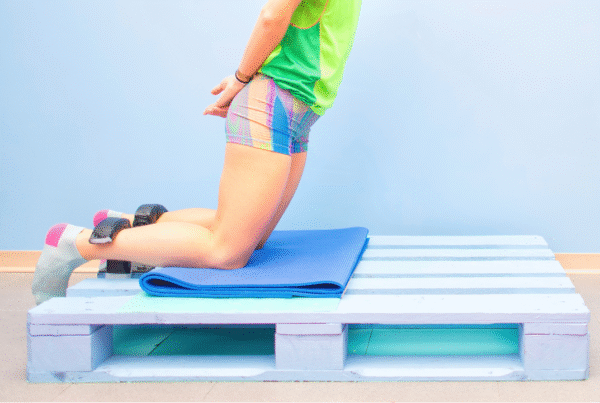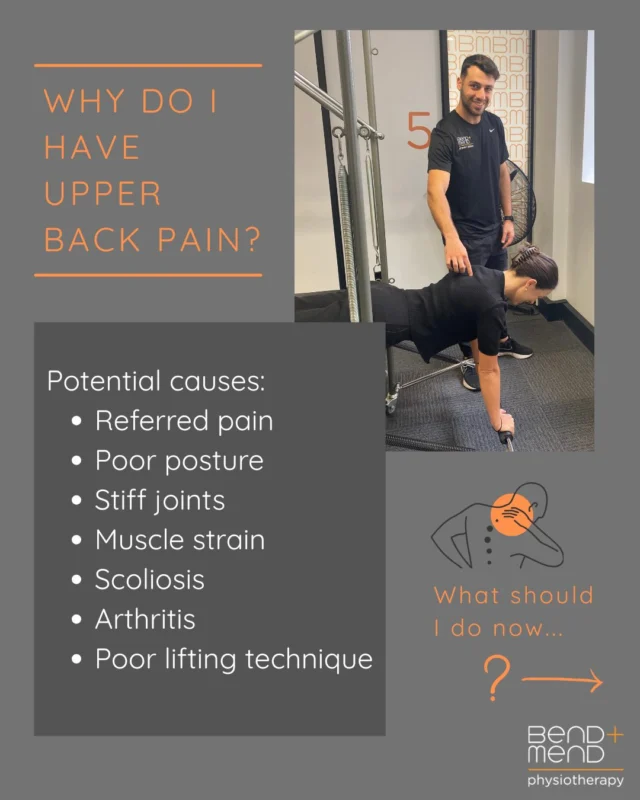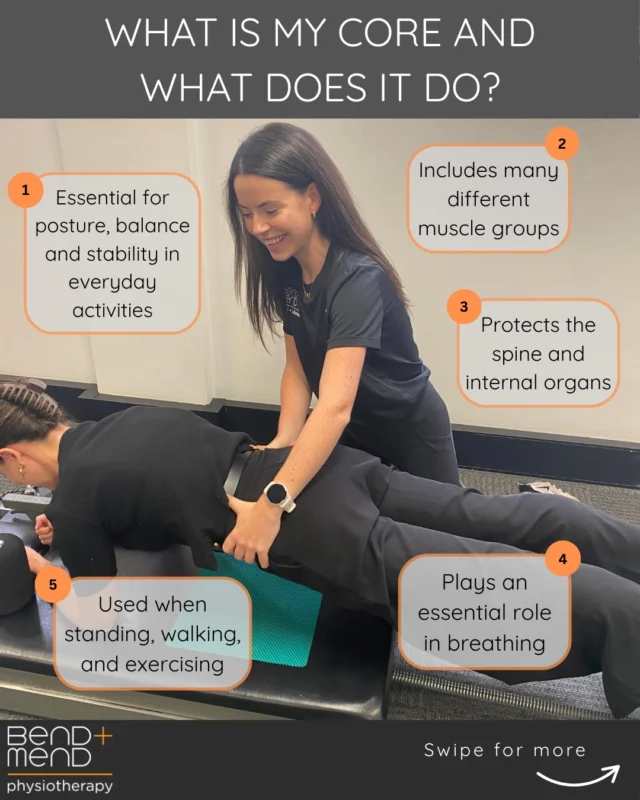Continuing on from Part One on the most important aspects of good strength training. Here are my next top tips from a Physio and keen gym-goer:
- Full range of motion
The majority of the time full range of motion should be used. This means the target muscle should go through a maximally lengthened and maximally shorted position during the lift. I say majority of the time because there is merit to sport specificity eg. soccer players are required to jump in the air on occasion, lets say for a header, do they go into a full squat position and jump from there? No, they may only go into a quarter range squat and jump. Does this mean they should always squat like this, also no. Doing full range squats will increase their vertical leap, overall muscle mass of their legs leading to an increase in strength and power output which will translate to an increase in overall athletic performance, however, they should also train in sport specific ranges as that is the movement they will be required to perform when it comes to game time. That is just one example, but we could argue this for a variety of sports and movements.
2. Nutrition
You may have heard of the 80/20 rule relating to body composition, where 80% will be dictated by your diet and only 20% by your training. I don’t follow this and believe the gap is closer than that, but it does highlight the importance of diet. Without an appropriate diet you will be severely hindering your progress in the gym. There are a lot of different fad diets out there these days and some are better than others, but one thing will always hold true when it comes to weight loss/gain – calories in vs calories out. If you eat more than the energy you expend it will lead to a net gain in mass, and if energy expenditure exceeds energy consumption it will lead to a net loss. Obviously this is quite reductionist as various other factors will dictate weight loss and gain but the body can’t cheat science.
3. Sleep
Life’s busy, life’s hard, but when it comes to maximising your strength potential getting enough sleep is incredibly important. Research has suggested 8 or more hours a night for years and it still holds true. When we sleep we go through different stages throughout the night, when we get into our deep sleep stage or stage 3 we increase the release of human growth hormone, a vital hormone for muscle protein synthesis.
4. Stress
We have good stress known as eustress eg. a good workout at the gym and bad stress or distress eg. 60+ hours at a job you hate. If you are doing all of the above and your progress still seems slow, stop and think about the stressors in your life and what can be done to deal with them. Some are unavoidable, however there are ways to manage them eg. taking time out for yourself, relaxation techniques, fostering healthy friendships and professional counselling.
If you want one-on-one guidance in this area from an experienced Physio, come in and see Nick at Bend + Mend to get a strength programme suited best to your body.





